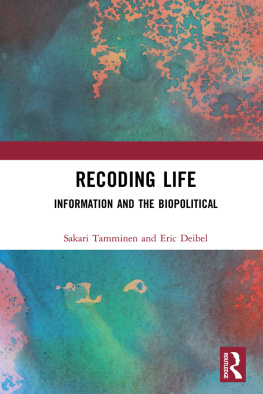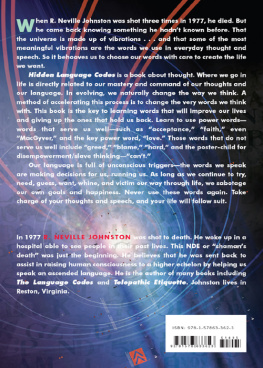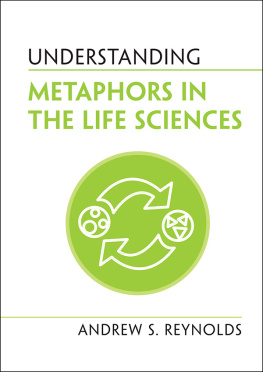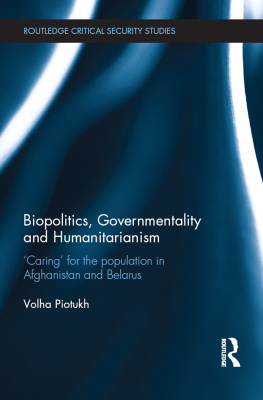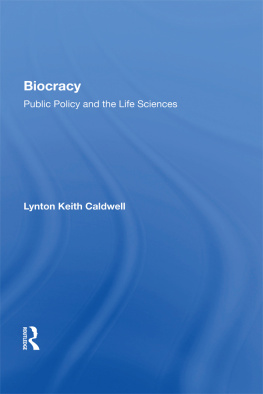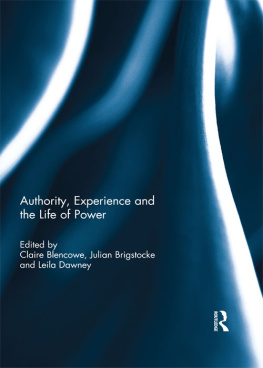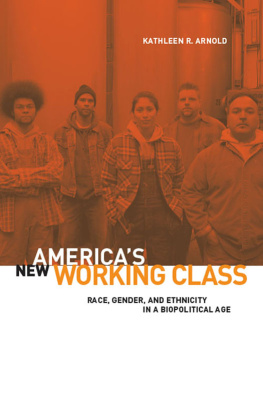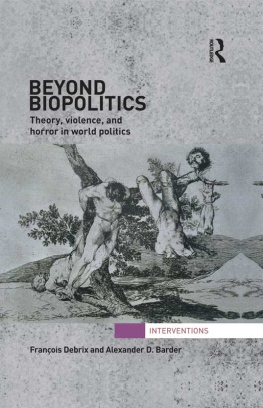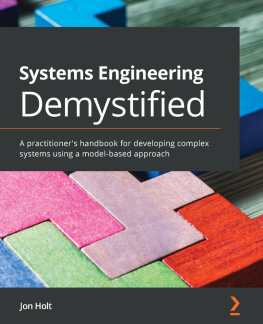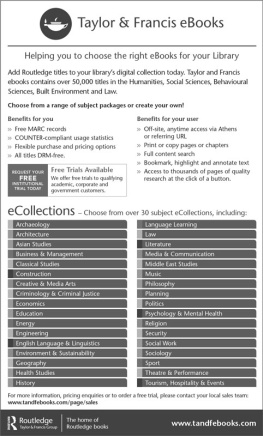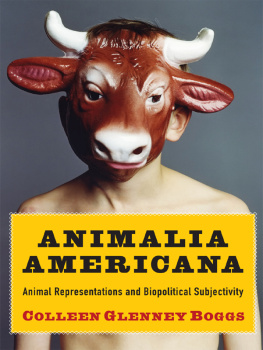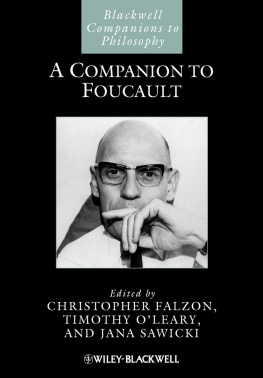First published 2019
by Routledge
2 Park Square, Milton Park, Abingdon, Oxon OX14 4RN
and by Routledge
711 Third Avenue, New York, NY 10017
Routledge is an imprint of the Taylor & Francis Group, an informa business
2019 Sakari Tamminen and Eric Deibel
The right of Sakari Tamminen and Eric Deibel to be identified as authors of this work has been asserted by them in accordance with sections 77 and 78 of the Copyright, Designs and Patents Act 1988.
All rights reserved. No part of this book may be reprinted or reproduced or utilised in any form or by any electronic, mechanical, or other means, now known or hereafter invented, including photocopying and recording, or in any information storage or retrieval system, without permission in writing from the publishers.
Trademark notice: Product or corporate names may be trademarks or registered trademarks, and are used only for identification and explanation without intent to infringe.
British Library Cataloguing-in-Publication Data
A catalogue record for this book is available from the British Library
Library of Congress Cataloging-in-Publication Data
A catalog record for this book has been requested
ISBN: 978-1-138-22557-2 (hbk)
ISBN: 978-1-315-39922-5 (ebk)
Typeset in Times New Roman
by Apex CoVantage, LLC
Contents
Guide
This book would not have existed without the preparatory work done in the COST Action Bio-objects and Their Boundaries, spearheaded by the BioStep Group. The series of meetings over several years was a rare chance to cement relations with a varied group of scholars, who brought perspectives from different nationalities and fields of specialisation. We wish to acknowledge the significance of such a setup this book is what it is precisely because of the opportunity to focus on working with people rather than thinking primarily in terms of outputs.
Sakari Tamminen
Families are more than just families. To my biological family, my wife, and my daughters Mai and Ines: apologies for the late nights at the computer and thank you for your patience. Love you. To my other family, the family of intellectuals in and outside of academia: thinking is a collaborative effort, and so is this book too. You know who you are, and I want to thank you for your support along the way in life, in dialogue, in thought. I also want to extend my gratitude to the Gemic fellows J.Suikkanen and O.Utti, all intellectuals working with us, and to all the members of the HK Club. What a great joy in life to have you around.
I also want to thank all the experts, scientists, people who generously found time for interviews and kindly shared their thoughts about biology, informatics, and future. Finally, I wish to thank Academy of Finland for the grant Vital Digital that allowed me to do the research and enable me to write this book with Eric.
Eric Deibel
To the colleagues, friends, and family who have continued to support me over the years: I hope you know of my gratitude already. Here I wish to focus on one person in particular: my late father. I am very much aware that my intellectual views of the world, including those expressed in this book, are inspired by his life and the example he set. Firstly, my interest in alternatives follows his example: he could have easily passed for a DIY biologist avant-la-lettre , if we count his huge aquarium, full of life and technology, which was the soul of our house. It was designed with the vision of an engineer, constantly searching for spare parts and new breeds through constant interaction with his fellow hobbyists. Secondly, I have come to realise that it was because of him that the second-hand copy of Foucaults History of Madness made such an impression on me as a teenager. I grew up with the understanding that his life was a miracle, while his condition was caused by medical malpractice. The example he set was his self-sufficiency while surrounded by the many small indignities he had to suffer. My views of how science and other facets of society blend are heavily influenced by his condition or, rather, by how the human condition should be the centre of our concerns as scholars. Yet this quickly becomes overtly extravagant when coming into contact with the force field of constant conditioning that is needed to reproduce academic hierarchies. The period wherein this book was conceived and written brought me closer to his memory: how getting better cannot happen without dignity, our own as well as by working hard to lift the constant state of insufficiency and minor violations we all relentlessly impose on others if we are too selfish on those that are ill and are trying to survive as well as those that can live their lives to try and make something of themselves.
7
Re-thinking the age of biology
What I have been trying to show over the last few years is certainly not how, as the front of exact sciences advances, the uncertain, difficult and confused domain of human behaviour is gradually annexed by science []. We should be looking for a new right that is both antidisciplinary and emancipated from the principle of sovereignty.
Foucault, Society Must Be Defended (2003, 3940)
Introduction
The basic formula of the global bio-economy promises that a renewal of industrial society could become reality in the near future as a result of the new ways to make use of biomass as a basic material that replaces fossil fuels. Different terms are being used, sometimes it is called a knowledge-based bio-economy (the European Commission), a comprehensive bio-economy strategy (Germany), a biobased economy (the Netherlands), a bio-economy blueprint (the US), and biomass industrialization (Japan). Instead of biomass, a specific type of biological resources might be mentioned, or only certain sectors might be discussed. Regardless, technological change is presented as integral to a transition that affects all of us, includes all of us, and leads us to a sustainable society.
Particularly in the EU and its member states, there are numerous policy processes attempting to bring together stakeholders and engaged participants in a continuous interdisciplinary dialogue among industry, science (both natural sciences and humanities) and civil society. Various instruments are being explored, like sustainability criteria, certification, licencing, green deals, innovation contracts, partnerships, and the like. Invariably, the policy language invokes a demos, deriving strength from its ability to accommodate diverging and converging interests, diverse points of view, and multiple understandings of the transition to sustainability (Frow et al. 2009). Such inclusiveness, however, implies a politics of imagination that itself requires examination in so far as it re-establishes the principle of sovereignty for the age of biology that is being promised. Biology and sovereignty come together, as Foucault explains, by how the power of disciplinary knowledge that is exercised through the social body is shaped as a grid that cannot in any way be transcribed in right, even though the two necessarily go together (Foucault 2003, 37).
The first section that follows examines the coherence of the global bio-economy, as a concept, against the backdrop of the life sciences as a field that is built on fragmented facts, data, and artefacts. What this implies is that it is a resolutely political vision that shows a socio-political order that is being imagined as a unity of concrete, discrete, and consolidated innovations and policies. The second section echoes the quotations new right by discussing biohacking and open-source seeds. Each of these can be considered as counterexamples and challengers to the suggestion of a global bio-economy as an alternative. More precisely, the two topics are both related to the language of openness and access but are different in how they seek to re-configure and re-distribute forms of agency, subjectivity, and identity. Examining these three attempts at formulating alternatives in various ways will allow us to return to Foucaults argument that we cannot go on working like this forever; having recourse to sovereignty against discipline (ibid., 39). The aim of this chapter is therefore not just a critical examination of these fields, re-establishing a boundary between the reality of things and idealism; rather the notion of the alternative is key to understanding how the boundary between life and society is being re-imagined constantly. As theorised earlier in this book: what counts as an alternative should not be secondary to critique but an integral part of the analysis.

